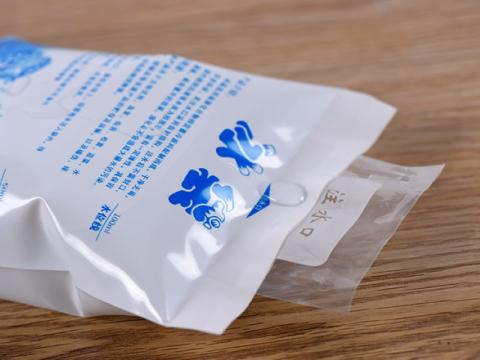Ice pack, also known as a passive refrigerator or refrigerated insulation pack, is a portable, thermostatic storage device that does not require an external power source. It is made of highly insulating materials and is usually equipped with a replaceable or reusable coolant accumulator (e.g., gel-like bio-ice packs or chemical refrigerants) inside to maintain a low temperature environment for a long period of time or to provide heat retention when necessary. They are designed to meet the user's need for temperature control during outdoor activities, travelling, picnics, shopping, or transport of special items.
Features
- Efficient thermal insulation: the ice packs are made of high-quality thermal insulation materials such as PEVA, aluminum foil and other composite materials with excellent thermal insulation performance, which can effectively isolate the internal and external temperature exchange and ensure the stability of the internal temperature.
- Repeated use: modern ice packs are mostly repeatable frozen type, by placing the cold storage agent in the refrigerator to freeze and then reset into the ice pack to achieve continuous cooling function.
- portable: ice bag ice bag design lightweight and portable, with durable zip and handle, easy to load and carry, suitable for a variety of occasions.
- Multifunctionality: can be used for food and beverage refrigeration and preservation, to keep fruits, seafood, breast milk, tea, etc. fresh; can also be used for medicines, vaccines and other medical products that require low-temperature preservation of transport, as well as athletes to treat injuries and illnesses of the cold compress physiotherapy purposes.
- Personalization and customization: Some ice packs can be customized according to customers' needs in terms of size, capacity, temperature range and even appearance patterns.
- Environmental protection and energy saving: As no electricity is needed to drive the ice packs, the ice packs are in line with the concept of green environmental protection, especially in the field without electricity environment is more practical.
Applications
- Outdoor activities: used to keep food and drinks cold when travelling by car, camping, picnic, fishing.
- Medical cold chain: low temperature transport and temporary storage of vaccination, blood samples, insulin, and other pharmaceutical products.
- Food distribution: preservation of perishable food such as meat, dairy products, vegetables, and fruits in catering takeaway delivery and cold chain logistics.
- Personal Care: Ice treatment after sports injury to relieve pain and swelling.
- Family life: used in daily life for heat preservation and cold storage of mother and baby products, such as storing breast milk, as well as food preservation when going out for a short period of time.
Product Category



